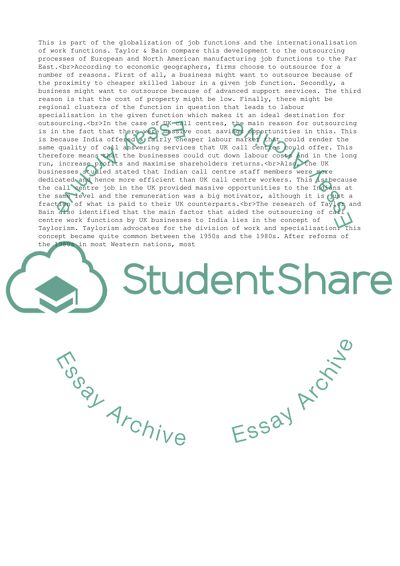Cite this document
(Work and Employment Essay Example | Topics and Well Written Essays - 1500 words - 1, n.d.)
Work and Employment Essay Example | Topics and Well Written Essays - 1500 words - 1. https://studentshare.org/management/1773739-work-and-employment
Work and Employment Essay Example | Topics and Well Written Essays - 1500 words - 1. https://studentshare.org/management/1773739-work-and-employment
(Work and Employment Essay Example | Topics and Well Written Essays - 1500 Words - 1)
Work and Employment Essay Example | Topics and Well Written Essays - 1500 Words - 1. https://studentshare.org/management/1773739-work-and-employment.
Work and Employment Essay Example | Topics and Well Written Essays - 1500 Words - 1. https://studentshare.org/management/1773739-work-and-employment.
“Work and Employment Essay Example | Topics and Well Written Essays - 1500 Words - 1”. https://studentshare.org/management/1773739-work-and-employment.


